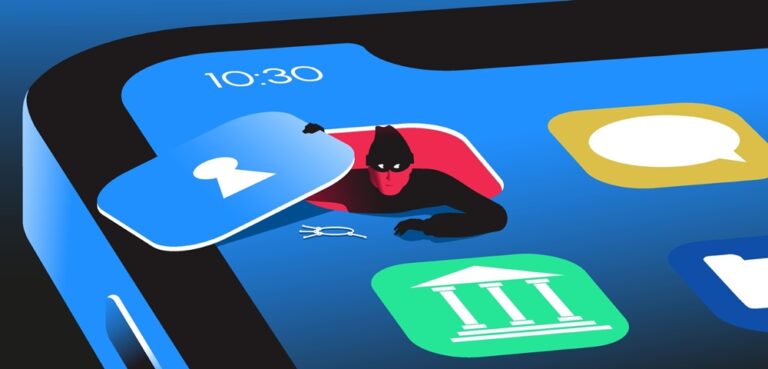The increasing sophistication of cybercriminals is a growing threat to your personal devices, which can impact both individuals and businesses, causing huge financial damage and stress. Insurance company, Towergate has been assessing the threat and how it can be combatted.
Marc Rocker, Head of Cyber at Towergate Insurance said: “People unwittingly carry a goldmine of personal and corporate data in the palm of their hands, but this isn’t limited to mobile phones, it also includes tablets, laptops, and external drives. This stored data often incorporates bank account details, e-mail, social media, text messages and photographs, all of which can potentially help cybercriminals to access to your personal and corporate information.”
This threat also extends to domestic smart devices including video doorbells, smart displays, washing machines, fridge freezers, smart thermostats, home security cameras, baby cams and even robotic hoovers. All such items pose potential security threats.
However, as Mr Rocker explains: “The threat can be mitigated by using some simple, common-sense methods to protect your devices, including:
- Using a strong PIN number or passphrase.
- Installing biometric security measures, which are difficult to impersonate and provide a stronger defence.
- Regularly checking your devices to ensure that they have the latest updates, which often include new security features.
- Only downloading software from trustworthy brands/sites.
- Businesses should consider deploying Mobile Device Management.
- Disconnecting features such as blue tooth and wi-fi when they are not in use.
- Avoiding connecting to public Wi-Fi, which is not secure.
- Turn off your hotspot when it is not in use.
- Installing anti-virus and malware protection that has the ability to run a scan, which will detect and quarantine any malicious activity.
- Keeping up to date with the latest cyber threats, such as ‘Juicejacking’ and ‘Quishing’. Cybercriminals are able to Juicejack public charging stations, so devices plugged into them can be hacked. Quishing is where cybercriminals install fake QR codes. This commonly happens at parking meters.
“We all need to think about how many devices we have that are linked to Wi-Fi and the internet and consider whether they are sufficiently protected. Failing to secure personal data leaves you vulnerable to cyber-attacks. Once someone gains access to your personal data, you have lost control over it. It could be shared and distributed to anyone, potentially used to blackmail you or to commit other crimes.”

